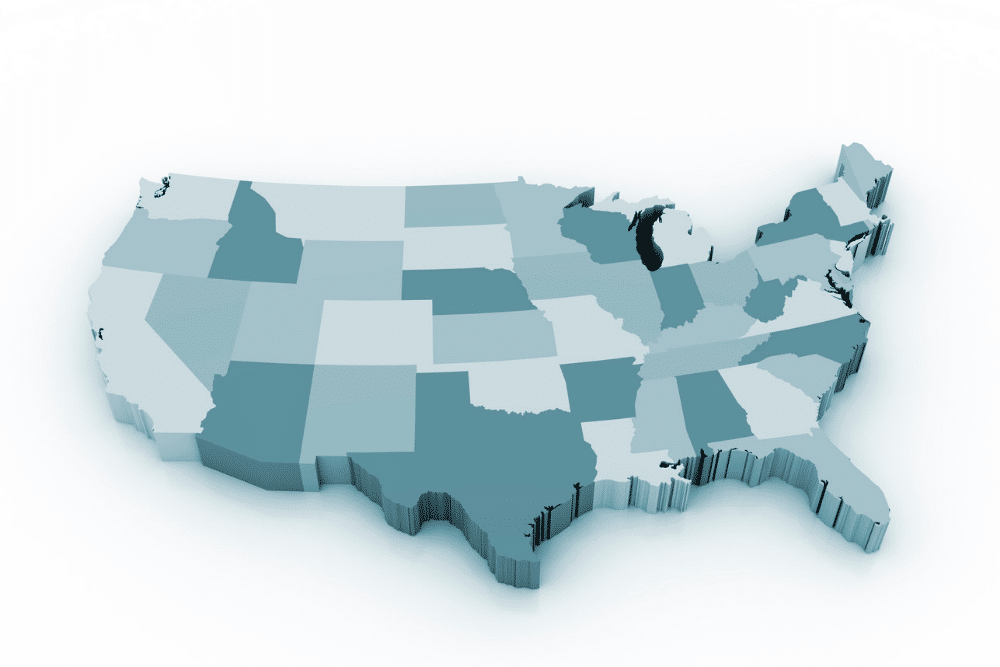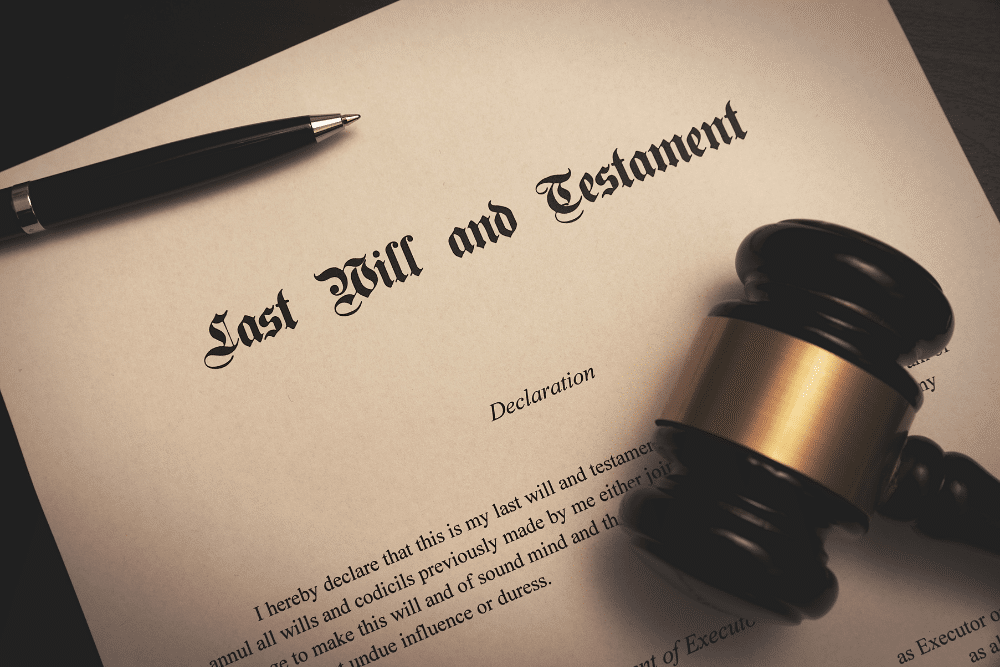
If a Person Lives Out of the Area, Can They Still Be Named an Executor?
By: Barry E. Haimo, Esq.
February 25, 2021
[BEGIN TRANSCRIPT]
BARRY HAIMO: A person can be named executor or a personal representative in Florida under a will. It generally requires you to live in the same state. However, there are exceptions for certain familial relationships that would enable a person to, in fact, act or serve as personal representative under the will.
[END TRANSCRIPT]
If you want an out-of-state executor, that has to be good news. Anything that gives you a bit more control over the proceedings can only be a good thing.
But what does it mean that this applies only to “certain familial relationships”?
First, let’s talk a bit about how probate works in general.
The Probate Process in Florida and the Role of the Personal Representative
Regardless of whether you have a will or not, upon your death your estate will go through probate. Probate is the legal process through which a deceased person’s affairs are formally settled.
During probate, your assets will be identified and inventoried, outstanding debts will be paid, and any remaining assets will be distributed to your beneficiaries. One of the first steps in the probate process will be the court appointing a personal representative for your estate.
Even though the court technically has to appoint this position, you are allowed to name someone (or some entity) as your representative. This gives you a bit more control over the proceedings.
The personal representative will be in charge of the administration of your estate. Their duties include:
- Gathering and valuing the probate assets
- Publishing a formal “Notice to Creditors”, informing creditors of the pending estate
- Serving a “Notice of Administration”, informing beneficiaries of the pending estate
- Making reasonable efforts to locate “known or reasonably ascertainable” creditors for which to serve formal notice
- Pay valid claims and object to invalid claims
- Pay taxes and file tax returns
- Hire attorneys, accountants, appraisers, and advisors to assist in probate administration
- Distribute assets to beneficiaries
- Close the probate estate
With all of the responsibility a personal representative has, it’s important to understand who can be a personal representative, who the court will appoint, and how you can choose your personal representative.
Who Can Be a Personal Representative?
A personal representative can be an individual person, bank, or trust company. But there are other requirements as well.
Generally speaking, out-of-state executors are not allowed. They be a resident of the state of Florida and:
- At least 18 years old;
- Mentally and physically capable of performing their duties; and
- Not a convicted felon.
Typically, if an individual or entity is named in the will, they will be given priority. Here is a link to the statute on point in Florida.
Where Do Out-of-State Executors Fit In?
An out-of-state executor will be accepted only if they are:
- a spouse,
- child (including adopted child),
- parent (including adoptive parent),
- sibling,
- aunt,
- uncle,
- or other close relative.
Additionally, the spouse of any qualified nonresident is also eligible to serve as a personal representative. In other words, your favorite uncle’s spouse could be your out-of-state executor if you wished.
However, even if you choose an out-of-state person who qualifies, most judges would require a bond be paid before appointing them.

What If the Decedent Doesn’t Have a Will and Didn’t Name Anyone as Personal Representative?
If the deceased person doesn’t have a will, the judge will usually appoint the surviving spouse as the personal representative. If there’s no spouse, or if the spouse doesn’t want to be the personal representative, the court will choose the person a majority of the heirs select.
If the heirs cannot agree, the heir closest in relationship to the decedent will be selected. Or, if there is more than one heir, the judge will select the most qualified heir after conducting a hearing.
In almost all cases where someone has been named in the will, though, the judge will appoint them. The only exception is if the individual or entity isn’t qualified to be the personal representative.
So if you would like to be able to choose your own personal representative, it’s important to create a will and name a responsible, trustworthy person to administer your estate.
Originally published 5/18/2015. Updated 2/25/2021.
Author:
Barry E. Haimo, Esq.
Haimo Law
Strategic Planning With Purpose®
Email: barry@haimolaw.com
YouTube: http://www.youtube.com/user/haimolawtv
YOU ARE NOT OUR CLIENT UNLESS WE EXECUTE A WRITTEN AGREEMENT TO THAT EFFECT. MOREOVER, THE INFORMATION CONTAINED HEREIN IS INTENDED FOR INFORMATIONAL PURPOSES ONLY. EACH SITUATION IS HIGHLY FACT SPECIFIC AND EXCEPTIONS OFTEN EXIST TO GENERAL RULES. DO NOT RELY ON THIS INFORMATION, AS A CONSULTATION TO UNDERSTAND THE FACTS AND THE CLIENT’S NEEDS AND GOALS IS NECESSARY. ULTIMATELY WE MUST BE RETAINED TO PROVIDE LEGAL ADVICE AND REPRESENTATION. THIS INFORMATION IS PROVIDED AS A COURTESY AND, ACCORDINGLY, DOES NOT CONSTITUTE LEGAL ADVICE.